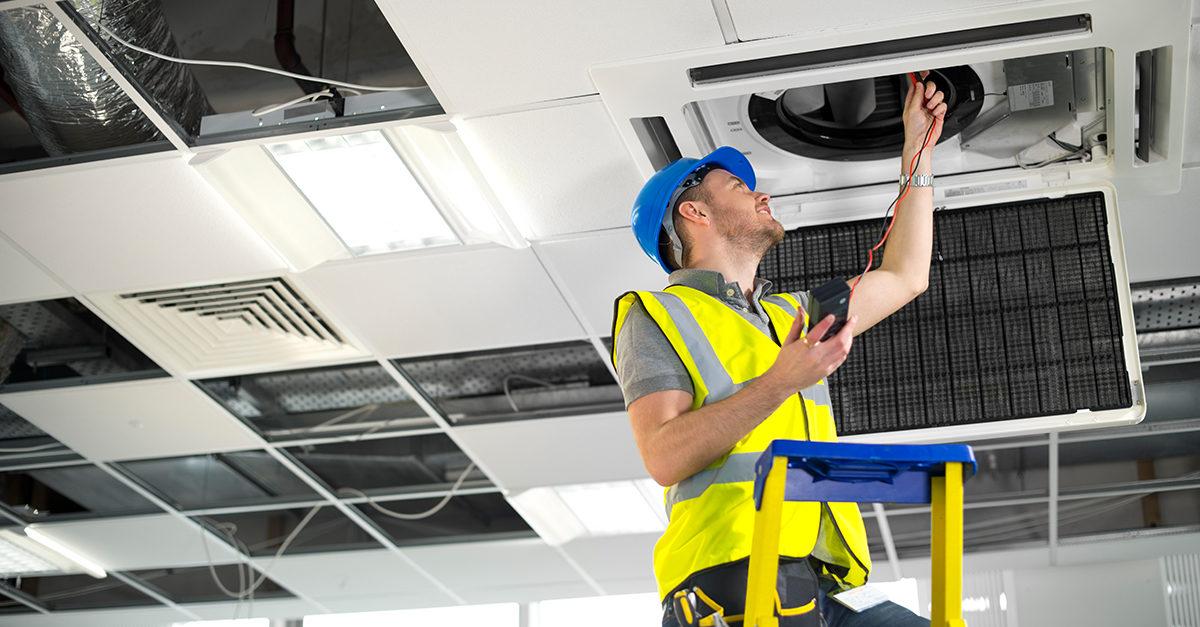Understanding the Significance of HVAC Maintenance
HVAC systems play a pivotal role in maintaining indoor comfort and air quality. Regular maintenance is essential to ensure the efficiency, longevity, and proper functioning of these systems. Understanding the importance of consistent upkeep helps prevent issues, reduces energy consumption, and prolongs the HVAC unit’s lifespan.
The Ideal Frequency for HVAC Maintenance
Determining the frequency of HVAC maintenance depends on several factors, including system age, usage, manufacturer recommendations, and environmental conditions. Generally, HVAC units benefit from maintenance at least twice a year—before the cooling and heating seasons. However, some systems may require quarterly or monthly check-ups for optimal performance.
Benefits of Biannual HVAC Maintenance
Biannual maintenance, conducted before the start of the heating and cooling seasons, offers multiple benefits. These check-ups ensure that the system is prepared for heavy usage, identifies potential issues early, improves efficiency, prevents breakdowns, and enhances indoor air quality. Regular maintenance also helps maintain manufacturer warranties and can lower energy bills.
Components of HVAC Maintenance
Comprehensive HVAC maintenance involves several essential tasks. These include inspecting and cleaning air filters, checking and tightening electrical connections, lubricating moving parts, inspecting ductwork for leaks, calibrating thermostats, clearing debris around outdoor units, checking refrigerant levels, and assessing overall system performance.
DIY Maintenance vs. Professional Services
While homeowners can perform some HVAC maintenance tasks, certain aspects require professional expertise. DIY tasks might include regularly changing air filters or cleaning vents. However, professional technicians have the tools, knowledge, and training to conduct in-depth inspections, detect underlying issues, and perform intricate repairs or adjustments.
Importance of Seasonal HVAC Tune-Ups
Tune-ups specific to each season ensure that the system is optimized for upcoming weather conditions. Before summer, focus on the air conditioning unit, checking refrigerant levels, cleaning coils, and ensuring proper airflow. Preparing for winter involves inspecting heating components, including burners, heat exchangers, and ignition systems.
Cost-Efficiency and Longevity Through Maintenance
Regular HVAC maintenance is an investment that saves money in the long run. Well-maintained systems operate efficiently, reducing energy consumption and utility bills. Additionally, preventive maintenance prevents costly breakdowns and extends the lifespan of HVAC units, delaying the need for premature replacements.
Improving Indoor Air Quality and Comfort
Maintenance directly impacts indoor air quality and comfort. Clean filters and properly functioning HVAC components ensure better air circulation, removing allergens, dust, and pollutants from the indoor environment. Optimal system performance also maintains consistent temperatures and humidity levels, enhancing overall comfort.
Environmental Impact and Energy Efficiency
Maintaining HVAC systems reduces their environmental impact by conserving energy. Energy-efficient systems not only decrease utility bills but also minimize the carbon footprint associated with excessive energy consumption. Regular maintenance contributes to sustainability by ensuring efficient operations and reducing energy waste.
Importance of Consistency in Maintenance Schedules
Consistency in adhering to maintenance schedules is crucial for reaping the benefits of regular upkeep. Establishing a maintenance routine and sticking to it ensures that HVAC systems receive timely attention, minimizing the risk of neglect and ensuring continuous efficiency and performance.
Customizing Maintenance Plans for Specific Systems
Different HVAC systems may have varying maintenance needs. Customizing maintenance plans based on the specific requirements of each system—such as age, complexity, and usage—ensures that all components receive appropriate attention. Tailored plans optimize performance and address individual system nuances.
Maximizing HVAC Performance Through Maintenance
In conclusion, regular HVAC maintenance is paramount for maximizing system performance, efficiency, and longevity. Implementing a proactive approach to maintenance—scheduling regular check-ups, addressing issues promptly, and investing in professional services—ensures that HVAC systems operate optimally, providing consistent comfort and indoor air quality while minimizing costs and environmental impact. Looking for experts to maintain your HVAC? Look no further than Costa Mechanical Inc.. They bring their best-in-class services to South Western Ontario.

